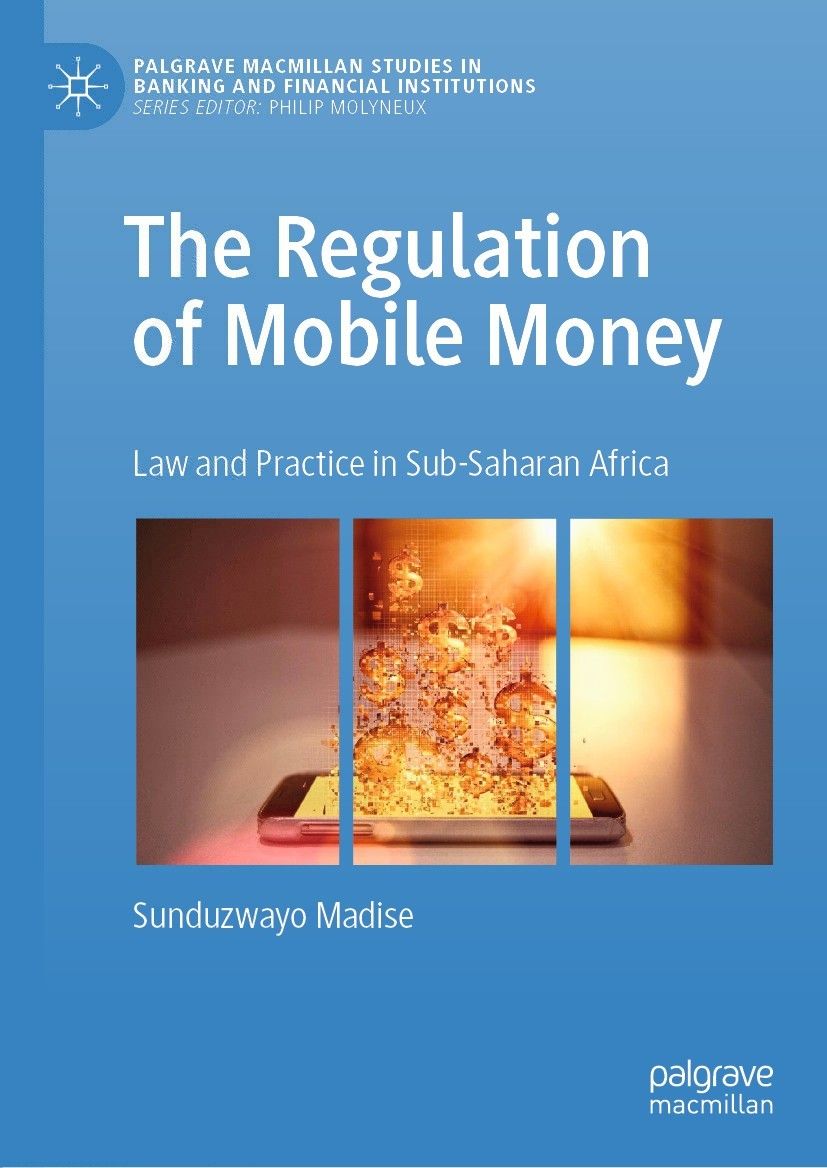Retirement Funding in South Africa 2019
The South African retirement funding sector, with assets in excess of R4.26-trillion, has the fifth highest assets-to-gross domestic product ratio in the world. However, less than 10% of retirement fund members are able to maintain their standard of living when they stop working and 41% of economically active South Africans have not made any provision for their retirement. Total membership of retirement funds rose from 16.6 million to 16.9 million in 2017, while total retirement fund contributions increased by...

